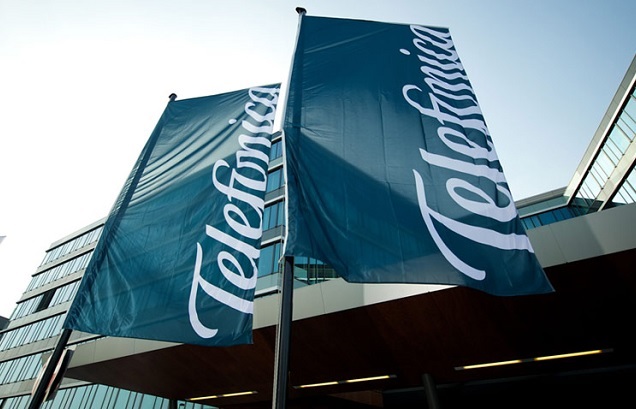Telefónica has claimed it has completed “the last piece of the puzzle” for end-to-end network slicing after integrating a programmable software defined network into a radio access network.
ProgRAN, which has been developed by US start-up Netsia, virtualises wireless channel resources and radio management modules in base stations. The start-up said this allows an operator to create virtualised sub-networks.
Telefónica said it used the platform with a virtual LTE core at its Labs in Madrid to create a hospital scenario, where the radio network was shared and optimised for different uses among doctors, patients, visitors and objects.
The operator, whose UNICA strategy has been one of the telecoms industry’s most high-profile virtualisation projects, said it was able to programme the allocation of resources at a radio level, which it described as a breakthrough for the technology.
[Read more: Network slicing can reap rewards, urge BT and Ericsson, once ifs are overcome]
Oguz Oktay, Netsia’s Vice President, Wireless Solutions, said: “ProgRAN’s dynamic RAN slicing capability carries the potential to link network services to new commercial opportunities for operators.
“ProgRAN allows [the] RAN to programmatically adapt itself to different service requirements and customer experience needs. This means that an operator will be able to offer network functions to many different industries, such as IoT, healthcare or automotive, using a RAN-As-A-Service business model.”
[Read more: Orange tips Red Hat for new virtualisation project]
Juan Carlos García, Telefónica’s Technology and Architecture Global Director, said: “The integration of Netsia’s Virtual LTE RAN Platform into a commercial LTE core in our Labs is an important step forward to demonstrate that an end-to-end network slicing for 5G networks is possible, from the core to the RAN, and how it can be applied to specific service environments, like that of a virtual Private LTE network.”
Telefónica is expecting the complete the full rollout of its UNICA platform in Peru, Argentina and Colombia by the end of this year. At Broadband World Forum in October, the Spain-based operator’s CITO Antonio Elizondo claimed the strategy behind UNICA was ensuring the company’s survival.



